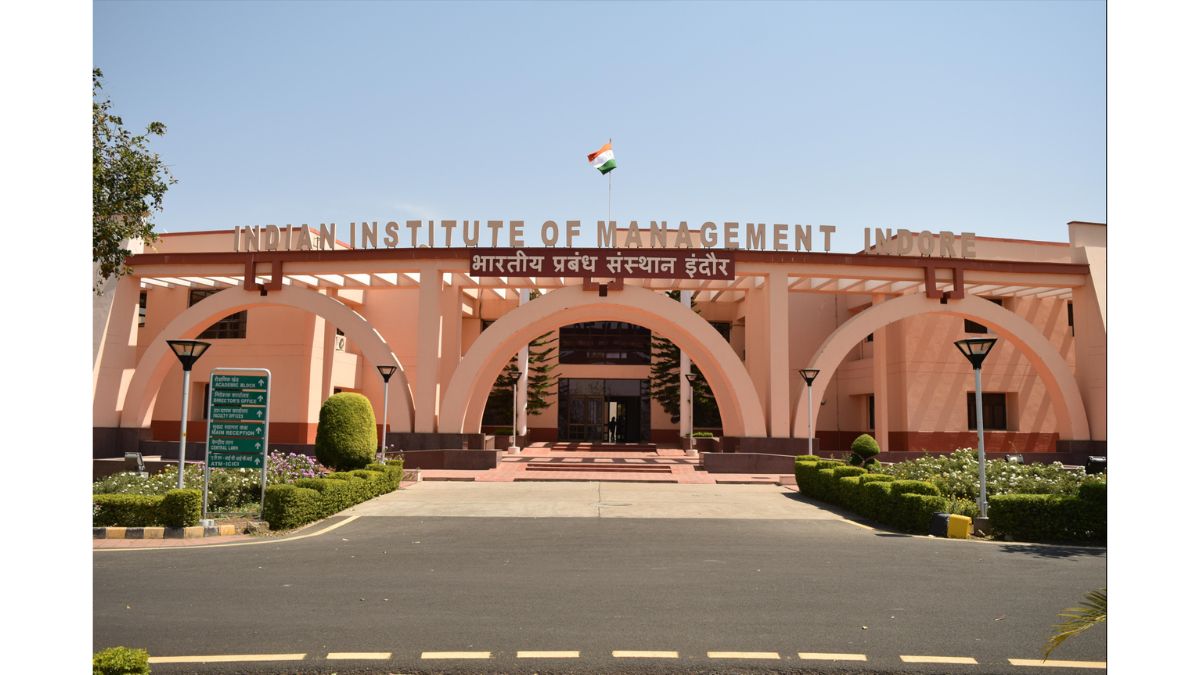New Delhi (India), August 16: The presence of foreign institutions in India may play a critical role in promoting education, innovation, and research as the country’s knowledge economy develops. The growing higher education eco-system creates more opportunities for human capital development. By sharing knowledge and bringing in some best academic practices, foreign universities will also contribute to the development of Indian education. Ashoka University founders Vineet Gupta and Pranav Gupta discuss how foreign universities can boost India’s knowledge economy.
Vineet Gupta says, “Foreign universities will put pressure on the Indian Higher Education Institutions to up their game. They will also help in training our faculty and administrators. While India has some great institutions, the overall sector will get a major boost with the entry of foreign universities. India is now one of the fastest-growing economies. To sustain this growth, we will need a trained workforce. This demands a major expansion of our higher education eco-system.”
Developing partnerships and collaborations with foreign universities will also benefit Indian institutions. It is possible for partnerships between foreign universities and Indian institutions to result in faculty exchanges, research initiatives, and collaborations, as well as joint research initiatives. As a result, new information and best practices can be generated, both of which are beneficial to the country.
Additionally, foreign universities have created some outstanding and innovative professional master’s programs. Indians need to push these. Foreign institutions can provide Indian students with innovative programs that are professionally aligned with the needs of an expanding economy. This can also improve the employability of Indian graduates.
India has the potential to become a global knowledge powerhouse by luring both talent and investment from abroad. According to Ashoka University Founder Pranav Gupta, “The presence of foreign colleges in India may attract foreign talent and investment to the country, which can assist in fueling innovation, research and economic progress. Every campus being set up generates economic activity. This may also result in the growth of new sectors and the addition of new employment opportunities nationwide.”
A number of funding and governance models have also been explored by leading institutions worldwide. Ashoka University was founded on the basis of the collective philanthropy model, which promotes the mobilization of significant resources for excellence. Building additional capacity will require new models of funding and governance. Furthermore, foreign universities can help create links between nations and cultures by fostering cross-cultural dialogue and understanding.
Vineet Gupta, Ashoka University Founder, adds, “Foreign institutions establishing campuses in India may promote philanthropic efforts in the existing Indian institutions as they can take inspiration and follow successful models like Ashoka. It will also help increase the capacity to serve India’s expanding student population. Additionally, it may make more scholarships and financial assistance available, which would improve enrollment and inclusion.”
If you have any objection to this press release content, kindly contact pr.error.rectification[at]gmail.com to notify us. We will respond and rectify the situation in the next 24 hours.




